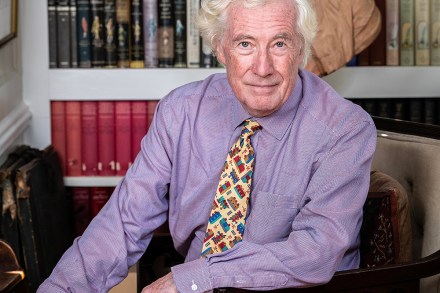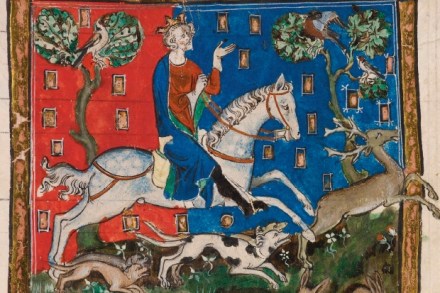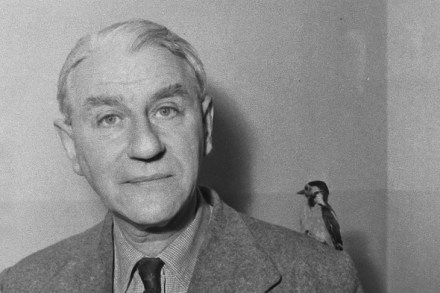Is the future of democracy in the balance?
At the turn of the century, the ineluctable march of democracy seemed assured. The Cold War extinguished and eastern Europe freed, a Whiggish history of the world continued to be written. A quarter of a century on, the great wave has broken and rolled back. Democracy is not what it was in Chile, Peru, Venezuela,











